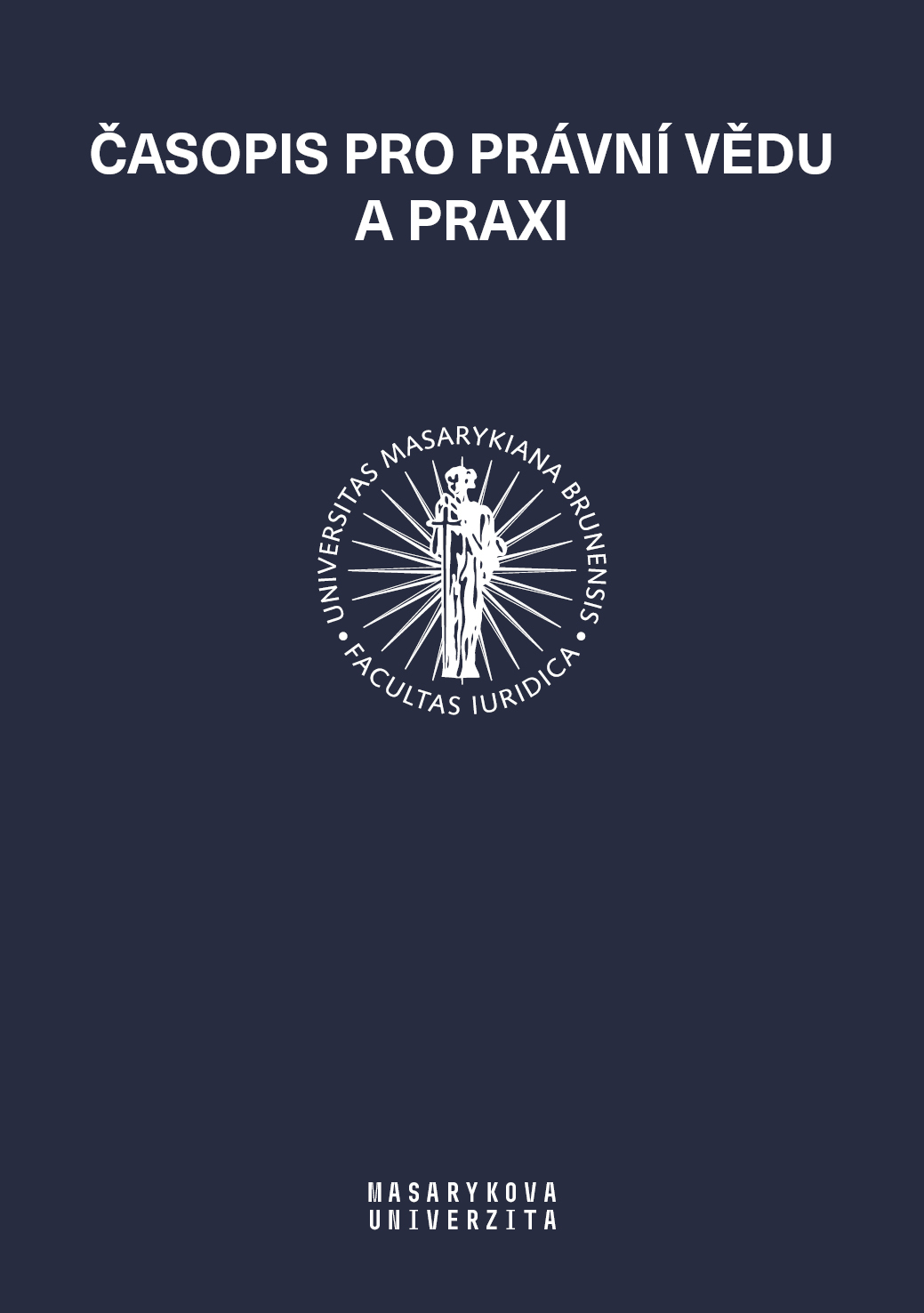Zásada autonomie a zásada rozhodování rozhodců o své pravomoci - dvě stránky jednoho problému
The principle of authonomy and the principle of competence-competence - two sides of one problem
Author(s): Naděžda RozehnalováSubject(s): Constitutional Law, International Law
Published by: Masarykova univerzita nakladatelství
Summary/Abstract: The competence-competence principle and the principle of autonomy (separability) are attributed to modern arbitration law. The analysis of both widely recognized principles creates the core of this paper.In the introductory part the author focuses on the importance and the function of both principles in legal regulation. She aims to the negative and positive effects of the competence-competence principle and at the allocation of the jurisdiction between court and an arbitrator to decide the dispute relating to the competence.The first and second chapter of the paper analyse the competence–competence principle and separability principle from the point of view of the selected international sources (UNCITRAL Model Law on International Commercial Arbitration, European Convention on International Commercial Arbitration) and national sources (German, French, English, American law). The comparison with the Czech regulation results in the recommendation for the future amendment to the Czech law (§ 106 of the Civil Code – more precise regulation under whose circumstance the court is obliged to terminate any proceedings in case where the arbitration contract exists; the review of the arbitrator`s opinion about the positive competence before the enactment of the arbitral award; the express enactment of the autonomy principle not only in the Commercial Code).
Journal: Časopis pro právní vědu a praxi
- Issue Year: 16/2008
- Issue No: 2
- Page Range: 112-121
- Page Count: 10
- Language: Czech

